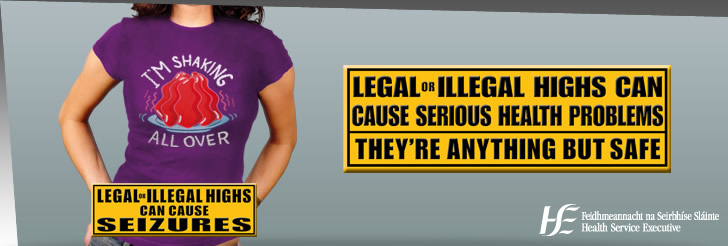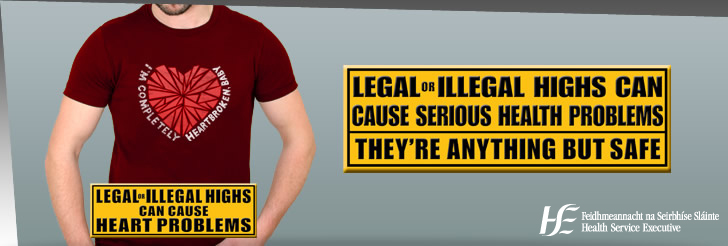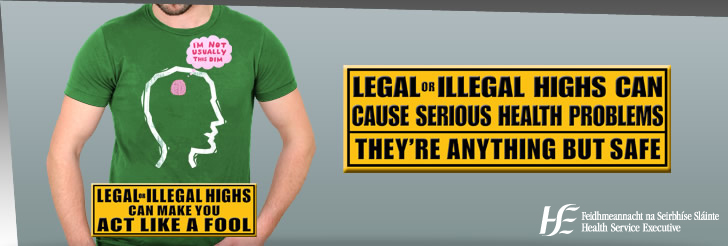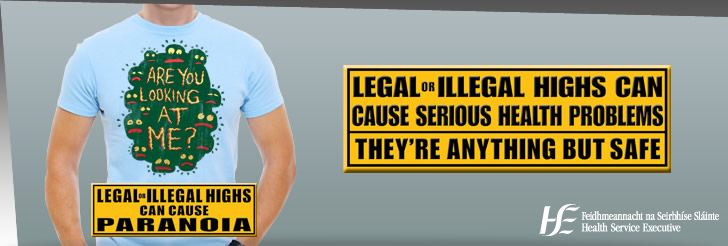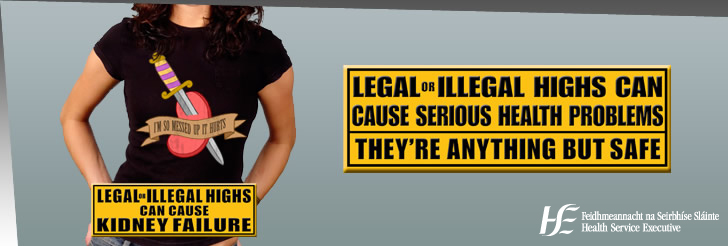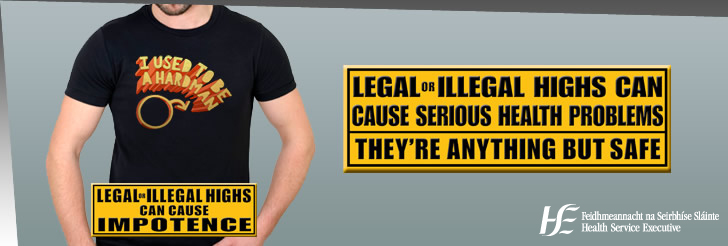
As an adult there are a number of steps you can take to help protect young people.
Know the facts
It is not simply enough to label drugs ‘illegal’. Talk to young people and share the information you have with them, discuss the dangers for their long term health and well-being. If you do this they can start to make choices based on the facts, and an understanding of the actual dangers to their physical and mental health.
Encourage them to assess the risk
We have to encourage young people, whether they use drugs or not, to think about the risks and consequences of all their actions and to make choices based on this. You can encourage a realistic assessment of the risks – so don’t minimise the risk or exaggerate the dangers. You may be tempted to counteract their tendency to ignore the dangers, but a balanced approach is more helpful in the long run.
Discuss drugs
Discussion enables young people to think for themselves. Listen to what they have to say and you may find they have questions and information of their own. Here are some things you can discuss:
- Why are they thinking about using drugs?
- Is there a better way to enjoy themselves?
- What is actually in the drug and what has been added to it?
- What might this drug do to their body and mind when they take it?
- If it goes wrong, what are the risks?
- Could it have a lasting health effect?
- If it goes right and they like it, could they get to like it too much for their own good?
- Is the world of drugs really for them?
If they choose to take drugs:
- Where are they and who are they with when taking drugs?
- Would they know what to do if one of the others had a bad trip or became paranoid?
- Are the people they’re with going to look after them if they have a problem?
- Are they under the influence of drugs or alcohol?
- Do friends or family know where they are?
What should I do if someone I know decides to take these drugs?
Some young people will assess the risks and still choose to use these drugs. These drugs are new and the long term consequences are unknown. You need to remember that you cannot ‘make’ your child change their behaviour. Once they become independent, you cannot ‘make’ them say no to drugs – they are responsible for their own actions. However, there are positive steps you can take to encourage and support young people to change their behaviour.
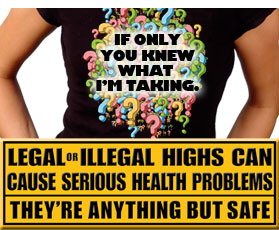 Take positive action
Take positive action
If the young person you are worried about is your own child, then one of the ways to take positive action is to set up a ‘family meeting’. Try to do this at a time when you feel able to talk to them calmly and where there will be no interruptions. Do not try to deal with this when they are under the influence of the drug or when you are under the influence of alcohol or drugs.
If the young person is not your own child, then consider talking to their parents or a responsible adult who cares for them.
1. Know the facts:
What drug? Try to find out which drug or product they are using. Find information on common psychoactive substances and drugs on http://www.drugs.ie
.
What harm? This is important. Has any harm happened to them recently? When a person starts to use drugs, there is often a ‘honeymoon’ period during which the drug causes little or no visible harm. It may be easier to intervene when there is harm you can focus on.
2. Show your care and concern:
Let them know that you are worried and why. If there has been some sort of harm, name it. If you are certain that they are using drugs, let them know that you know.
3. Stick to the facts:
Focus on visible facts, such as drugs found, poor reports from school or work, weight loss or other effects.
4. Hold them responsible for their own choices:
Remind them that you cannot always rescue them from harm they bring on themselves, whether it is caused by drugs or not. Tell them what you expect from them, such as staying drug-free, keeping up their normal activities at school or work, and sticking to family rules.
5. Offer support and set consequences:
Offer your child as much support as they need, if they are making an effort to change for the better. If their behaviour improves, acknowledge this and give credit where it is due. You need to clearly state what you will do if they do not change their behaviour. You should link the punishment to the rule broken, for example if you catch your child smoking with their friends, ground them from social activities for a period of time. You also need to recognise that they may choose not to change, in which case you must choose what you will do next.
6. Talk to others:
Other parents can be a very useful source of information and support. You may not want to share your concerns or suspicions, out of shame or embarrassment, but this can really help.
7. Seek professional help:
Sometimes you may need help and support from professionals who are trained in this area. Visit the services section or call the HSE Drugs Helpline 1800 459 459 to find out about support agencies near you.
If someone continues to use drugs there are ways to reduce the risks
- Don’t use drugs alone – have a friend they trust with them.
- Don’t drink alcohol or use different drugs at the same time.
- Don’t share equipment such as pipes, rolled notes or needles as this can spread hepatitis and HIV.
Check the ingredients on the products they buy.
- Stay well hydrated, particularly with drugs that stimulate – drink one pint of juice or water an hour.
- Don’t use drugs with prescription medications such as Ritalin, Asthma inhalers, tranquillisers, anti-depressant medication.
- If they are pregnant or planning a pregnancy, don’t use any drugs or alcohol. Using psychoactive substances such as alcohol, drugs or both together increases the risk of unplanned and unprotected sex. They can reduce their risk of unplanned pregnancy and Sexually Transmitted Infections by always using condoms and another type of contraception.
If someone needs help after taking these drugs
If they are unconscious, having difficulty breathing, turning blue or difficult to rouse:
- Call an ambulance immediately on 999 or 112.
- Stay with the person until the ambulance arrives – be honest with the ambulance crew about what the person has taken. If they are having a bad experience: Try not to panic! Speak in a normal voice and try not to let it show if you are scared or worried.
- Explain that what they are feeling will pass.
- Encourage them to settle in a quiet calm room, dim the lights if you can.
- If they start breathing quickly, calm them down and ask them to take long, deep breaths.
- Reassure them, speak in a low, calm voice.
- Don’t allow them to over-exert themselves.
- Don’t leave them alone.

